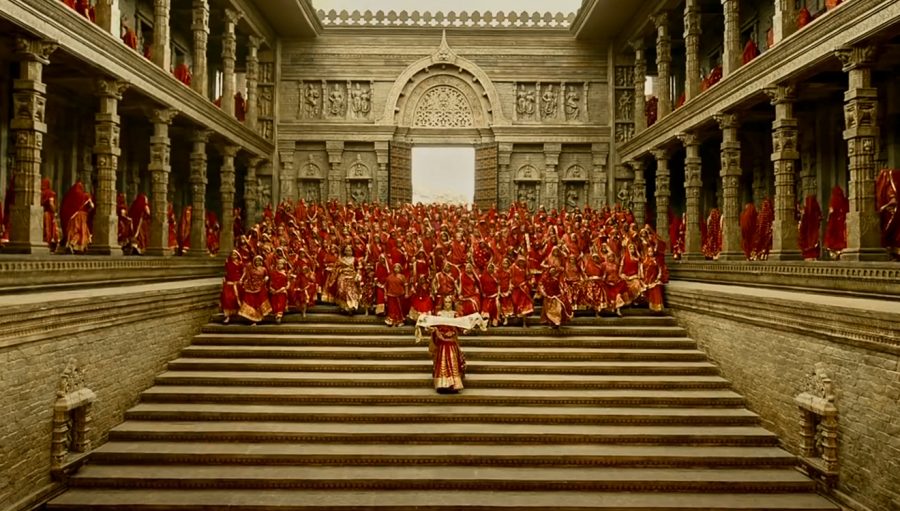On September 4, 1987, 18-year-old Roop Kanwar decked up as a new bride, walked into the funeral pyre of her husband while the villagers of Deorala, Rajasthan remained mute spectators of the gruesome event.
As the story goes, Roop Kanwar was married to Mal Singh. Seven months into their marriage, Mal Singh fell sick and succumbed to his illness on the morning of September 4. His body was brought back to the village, where the barely legal Roop Kanwar decided that she wanted to be united with her husband. The villagers, however, saw nothing wrong in the incident. They believed it was an act of god. Later, the state government refused to take action, terming it a religious matter.
It caused a lot of furore which eventually propelled the Parliament to pass the Commission of Sati (Prevention) Act in 1987, which said that the entire community should be held accountable in case an incident like this took place. It was also made into a non-bailable offence.
Roop Kanwar’s story had reached mythical proportions in Rajasthan. The spot was deified and became a symbol of Rajput courage and honour.
Thirty-one years later, it’s important to recall Roop Kanwar’s story while debating the much publicised jauhar scene in Sanjay Leela Bhansali’s film Padmaavat.
In a scathing letter to Bhansali, Swara Bhasker wrote: “In independent India, The Indian Sati Prevention Act (1988) further criminalised any type of aiding, abetting, and glorifying of Sati. Your act of thoughtlessly glorifying this misogynistic criminal practice is something you ought to answer for, Sir. As your ticket- buying audience, I have the right to ask you how and why you did this.”
Since then she has been schooled by many on feminism and why her anger is misplaced.
I’m sorry did u just suggest that i go get myself raped?????????? Like seriously? You typed out this tweet Vivek… ?????
I’d say pretty low and sick even by your own abysmal standards of conduct & civility. https://t.co/d1LCCE9B5I— Swara Bhasker (@ReallySwara) January 30, 2018
“Feminism is about taking a stand. Taking a decision and standing by it. About having the freedom to choose. It’s a thought that gives you freedom to just be. Not become equals or equally chutiyatic (wait that’s ‘vaginal’) as another gender.”
Like the actress said, Swara has a right to express her opinion and she is more than capable of handling the unwarranted trolling. But, the statements of the cast members in defence of the scene, are troubling.
While Shahid Kapoor said, “every practice happens for various reasons,” Deepika Padukone, who played the role of Rani Padmavati, said, “We are not endorsing jauhar. You must see the scene/practice in context to the period in which it was shown. And when you do that, you will realise, it’s so powerful. You do not feel like she is doing anything wrong. You want her to embrace the flames because she is going to be united with the man she loves.”
Recommended
No one is arguing that the film is the fictional depiction of a fictional story set in the eighth century when Sati was very much prevalent. It was abolished only in 1829 under the British Raj.
But, in a country where honour killing is justified and campaigns like ‘love jihad’ are propagated, a statement like “You do not feel like she is doing anything wrong” is irresponsible and thoughtless. If the scene didn’t endorse the practice, this statement certainly does. It’s one thing to enact something, but a completely different thing to actually believe in the effectuality of it. In many parts of the country, women have very little agency and are captives of patriarchal standards. With such stark reality in context, the creative heads of the film exhibited nothing but sociological amnesia.
*****



